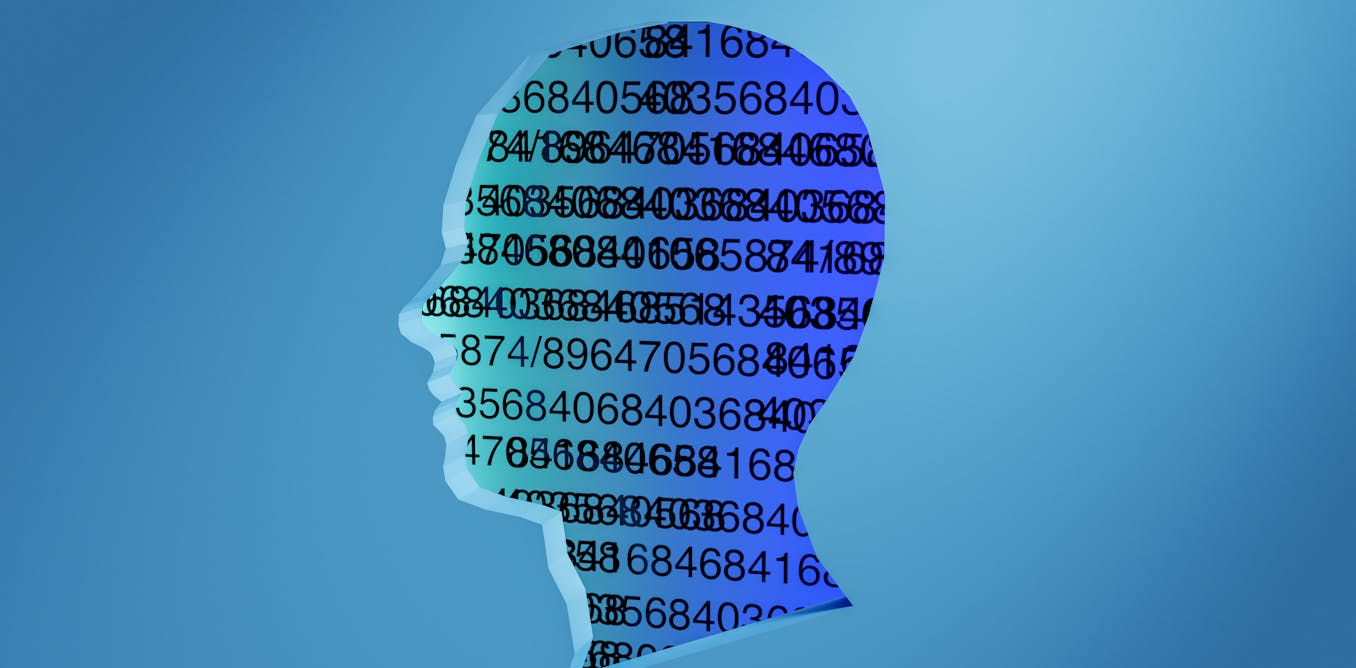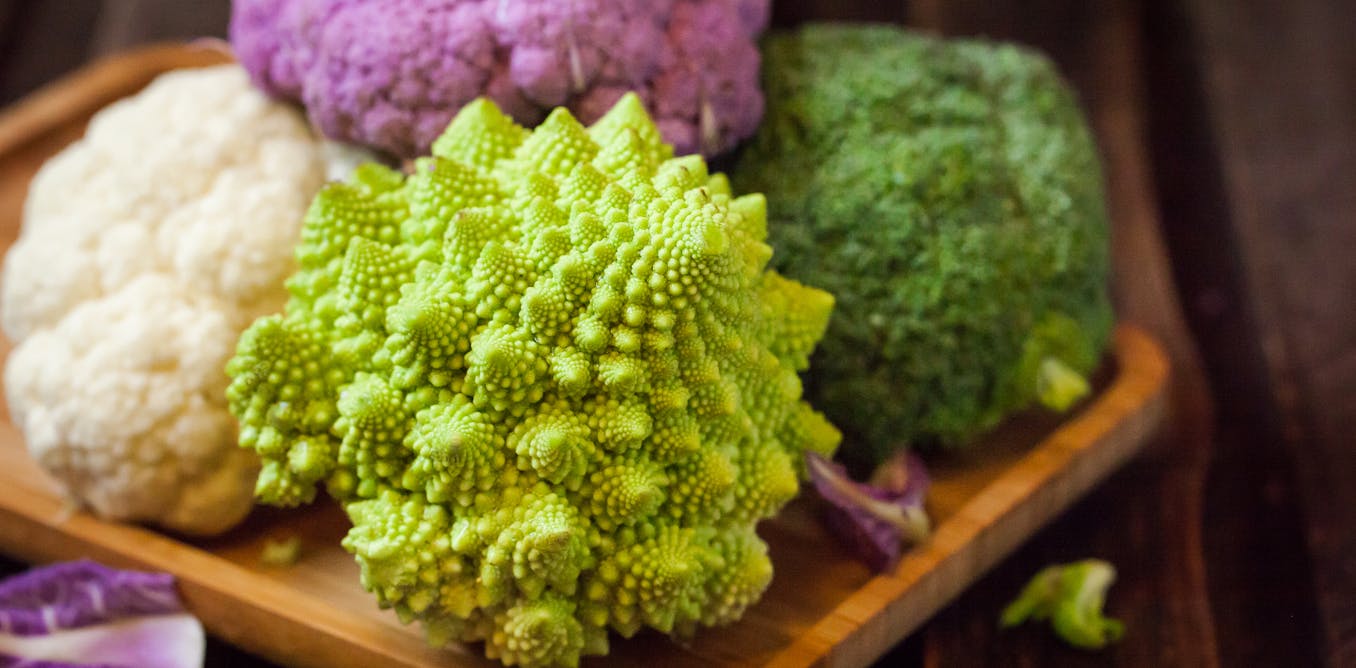Women are better at statistics than they think
Female statistics students had higher final exam grades than their male peers, even though they had less confidence in their statistics abilities at the start of the semester.
July 28, 2022 • ~5 min
How math and language can combine to map the globe and create strong passwords, using the power of 3 random words
A mathematician explains how language can keep your online accounts safe and pinpoint your location on the planet.
June 16, 2022 • ~6 min
Brains are bad at big numbers, making it impossible to grasp what a million COVID-19 deaths really means
The brain can count small numbers or compare large ones. But it struggles to understand the value of a single large number. This fact may be influencing how people react to numbers about the pandemic.
March 31, 2022 • ~7 min
An emphasis on brilliance creates a toxic, dog-eat-dog workplace atmosphere that discourages women
A focus on raw intellectual talent may unintentionally create a cutthroat workplace culture. New research suggests women’s preference to avoid that environment may contribute to gender gaps in some fields.
March 23, 2022 • ~6 min
Pi day: a brief history of our fascination with this magical number, from pies to 'piems'
Pi has spawned its own literary style, where the number of letters in consecutive words is dictated by the decimal expansion of pi.
March 11, 2022 • ~6 min
The better you are at math, the more money seems to influence your satisfaction
Compared to people who aren’t as good at math, people who are better at math are more happy when they have high incomes and less happy when they have lower incomes.
Jan. 20, 2022 • ~7 min
Emmy Noether faced sexism and Nazism – 100 years later her contributions to ring theory still influence modern math
A century after publishing major papers in theoretical mathematics, German-born Emmy Noether continues to challenge and inspire mathematicians with her story and mathematical legacy.
July 15, 2021 • ~9 min
/
8








